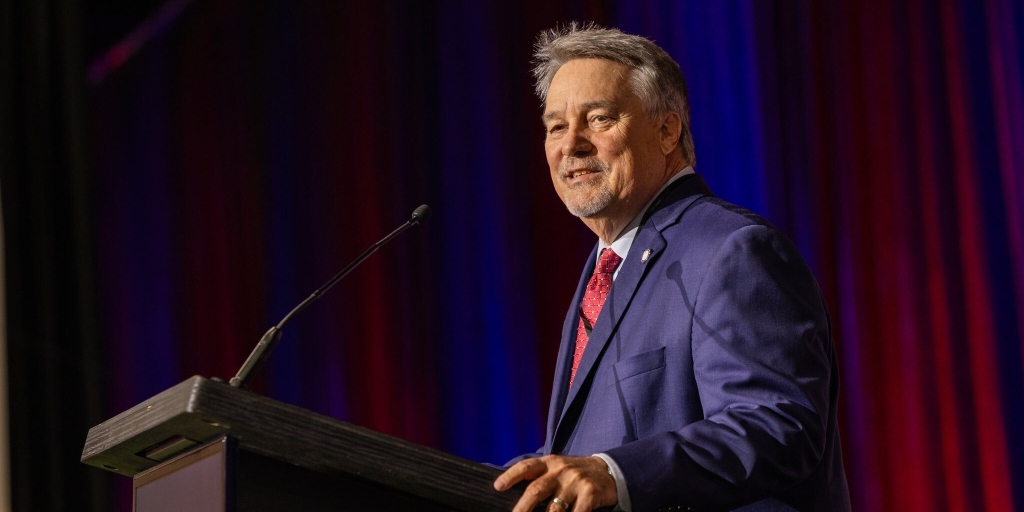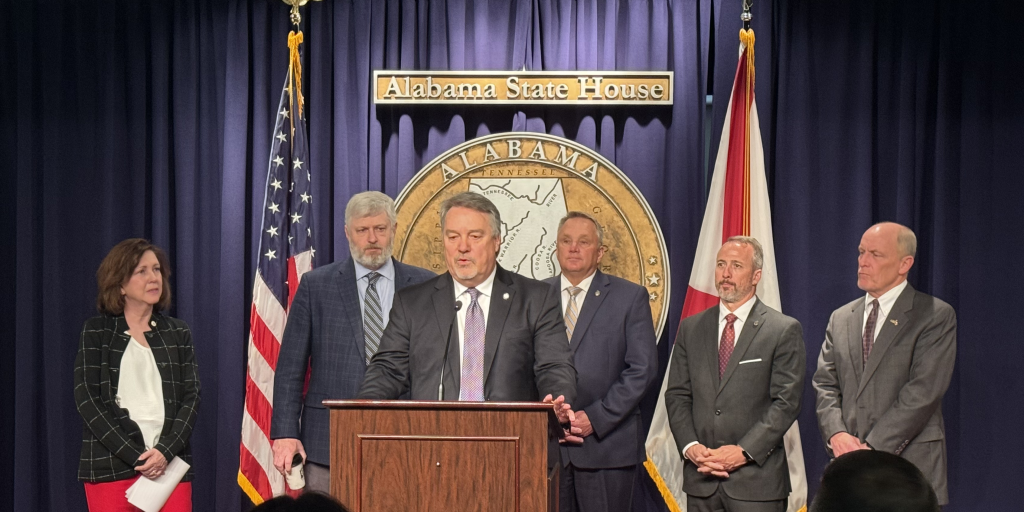When Alabama historians look back at this era decades from now, they may well determine that the recently completed 2019 regular legislative session was the most important and influential of its time.
In terms of the depth and breadth of important issues that were debated, considered, and voted upon, the session set new precedents that will be difficult to replicate.
The most discussed bill of the session was obviously the Human Life Protection Act, a measure that was sponsored by State Rep. Terri Collins (R-Decatur) and designed to overturn the unconstitutional and outdated ruling known as Roe v. Wade.
The state and national media focused on the fact that the legislation, which bans most abortions from taking place in Alabama, did not include an exception for incidents of rape or incest, but they either did not understand or simply chose not to report the reasons for its absence.
The bill is intended to promote the principle of “personhood,” which simply states that an unborn child is a human being with inviolable constitutional rights, and, thus, cannot be killed without due process. It is impossible to argue on behalf of personhood in court by saying unborn children have constitutional rights except when they were conceived under aggravated circumstances.
The law does allow abortions to occur when the life of the mother is threatened because even basic Judeo-Christian ethics recognize individuals have an innate right to self-defense.
Just as the legislature planned and invited, the ultra-liberal American Civil Liberties Union and Planned Parenthood have filed a lawsuit against the statute, and it now begins a judicial journey that we hope will ultimately end with oral arguments before the U.S. Supreme Court.
This session also saw lawmakers approve a record high $7.1 billion Education Trust Fund budget for K-12 public schools, community colleges, and public universities.
The budget prioritizes funding for Alabama’s best-in-the-nation “First Class” prekindergarten program and also provides needed dollars for an accompanying literacy initiative that seeks to ensure all public school students are reading at grade level by the third grade.
Educators were awarded a four percent cost-of-living pay raise that places the salary of a first-year teacher above $40,000 for the first time in state history, which is intended to help address an on-going shortage of classroom instructors.
The perennially under-funded General Fund budget, which provides appropriations for Alabama’s non-education state agencies, was also increased by roughly $137 million over last year.
Much of that increase resulted from less than expected prescription drug costs in the Medicaid program, but on-going federal lawsuits involving living conditions and healthcare in the state’s prison system are expected to demand every available dollar in the near future.
We also approved a statewide constitutional amendment sponsored by State Rep. Chris Pringle (R-Mobile) that makes clear only legal U.S. citizens have the right to vote in statewide elections by simply changing a phrase in our 1901 Constitution of Alabama that currently reads “Every citizen of the United States” has the right to vote to one that reads “Only a citizen of the United States…”
The amendment will appear on your ballot for ratification during the March 2020 primary election.
I carried two bills that are intended to pass our conservative Alabama values down to the next generation of citizens.
One requires public schools to recite the Pledge of Allegiance daily and resulted from learning that many schools across the state do not participate in the practice.
The other bill, which I co-sponsored with Sen. Tim Melson (R-Florence), allows public schools to teach the Bible as an elective in grades six through 12.
And, finally, I believe the Rebuild Alabama Act, which was approved in March, will maintain the momentum of our state’s record-breaking economic development successes and provide our children, our grandchildren and their grandchildren after them with safer roads and bridges to drive upon.
Certainly, the session was not perfect, and while many are saddened that House and Senate Democrats killed a state lottery referendum, many of us remain confident that the public will be allowed to vote on the issue in the not too distant future.
History will be kind to the men and women who participated in the 2019 regular legislative session, and their hard work and devoted public service is helping make Alabama a better place to live, work and worship for all of its citizens.
Nathaniel Ledbetter is Alabama’s House majority leader from Rainsville













